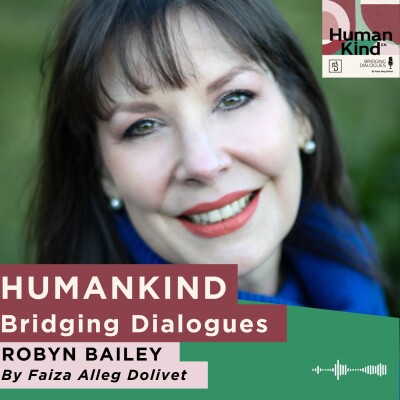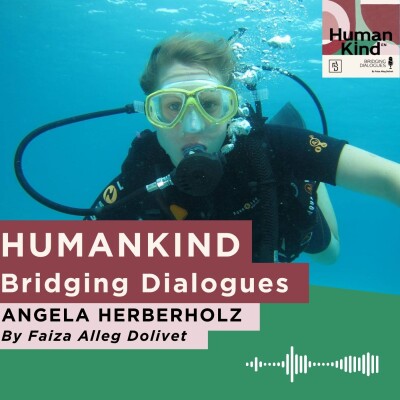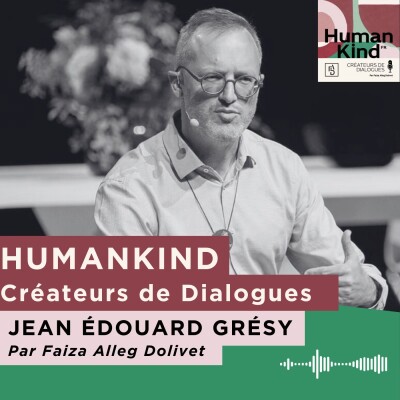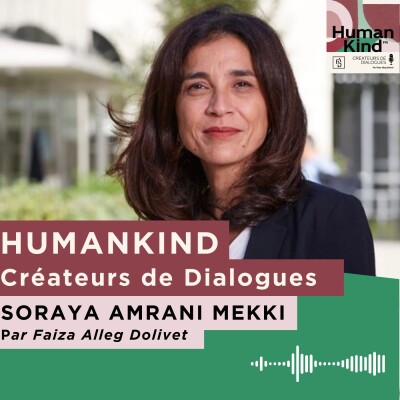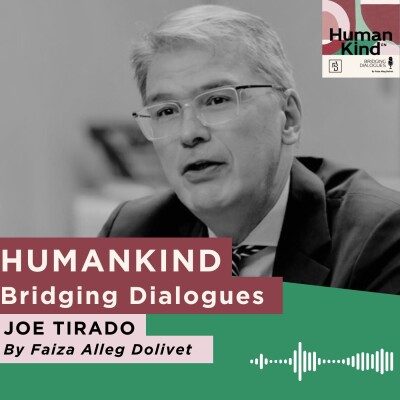Description
“A proper restorative engagement, if done well, can be transformative — not only for the survivor, but also for the institution.”
— Robyn Bailey
In this episode of Humankind – Bridging Dialogues, I had the honour of welcoming Robyn Bailey, Australian mediator and Senior Member of the tribunal in New South Wales, to explore her extraordinary work and commitment in restorative justice — especially in cases of sexual abuse involving religious institutions.
In Australia, this process is known as Restorative Engagement. It is showing remarkable results, well aligned with the court system.
Robyn shares with us a powerful and deeply moving story from her practice: Joseph, a survivor abused by a priest in childhood, who found not only recognition, but also dignity, shelter, and connection — through a restorative engagement with the institution.
Joseph’s story will echo for a long time in Humankind.
We also dive into:
🔸 How to create emotionally and culturally safe spaces for difficult conversations
🔸 Navigating trauma in mediation
🔸 Why kindness is not a soft skill — but a professional compass
🔸 How mediators protect themselves from vicarious trauma
This conversation is not only about mediation.
It’s about our capacity to face the past, to hold space for truth — and to imagine healing outcomes after long term silencing and inner suffering.
Enjoy listening, and please stay in touch:
👥 www.linkedin.com/in/faiza-alleg-lawyer-mediator
Hébergé par Ausha. Visitez ausha.co/politique-de-confidentialite pour plus d'informations.

